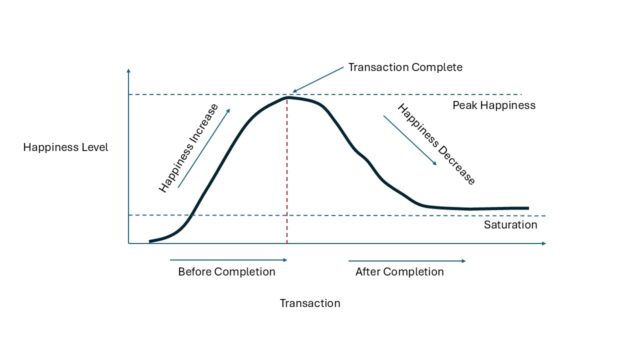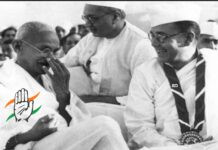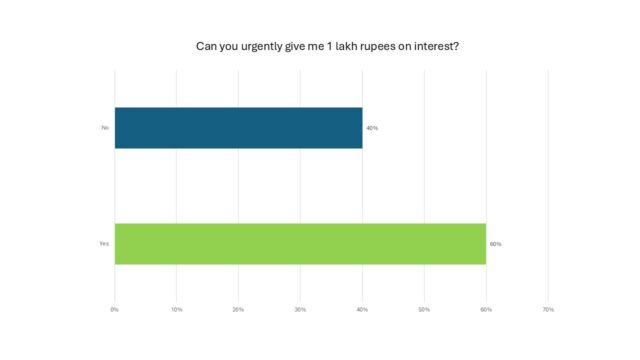
Human interactions are series of transactions that take different forms. Behavioral economists view every social interaction or relationship, whether business deals, marital relationships, parent-children relationships, friendships and even charity from the prism of transactional value. Truth be told, adding a veil of theoretical framework to these interactions provides human behaviour, with a deeper meaning.
Taking the most widely accepted form of transactional relationship – business decisions and deals. One cannot turn blind eye to the human urge to explore ‘what’s in it for me’. Monetary exchange or position of power is the benefit one gains from such interactions. Economists suggests a theory – transactional theory of human behavior – to better understand this. The theory defines these transactions are an outcome of self-interest.
When applied at an organisational level, transactional theory provides newer perspectives on why certain decisions were made and why others weren’t. The theory suggests that while every interaction is transactional, what matters the most is the positive impact it delivers. Take charity, when Person X donates to Person Y, Person Y receives something tangible, like clothing, money, or food. In return, Person X gains emotional satisfaction and happiness from giving, thus completing the charitable transaction. The theory also proves that the happiness quotient peaks during a transaction and declines as the person moves on with their day-to-day interactions.
Let’s delve into more real-life scenarios. Consider the parent-child relationship. Parents, despite their financial capabilities, invest significant time, energy, and money in raising their children. Every parent, whether they are wealthy, upper middle class, middle class or poor, provides the best to their children. The expectation here is simple and the implicit understanding is that children will support parents when they grow old. It’s a fact many parents acknowledge although this has been a subject of controversial discussion between behavioral economists and the rest of the community. The same applies to marital relations as well. A transaction occurs between a husband and wife, which may not be monetary but rather an exchange of physical and emotional satisfaction. In friendships, the transaction is often financial and emotional.
Are All Transactions Successful?
One can also find a fascinating correlation between different stages of a transaction. The emotion of happiness tends to increase as the transactions progresses toward completion, peaking when the transaction is finalized. However, once the transaction is completed, the happiness level of both parties gradually declines over time and eventually stabilizes at a point where neither party is particularly happy nor sad. The finding throws light into the fact that, transactions, both significant and negligible, has an emotional satisfaction to it and not necessarily be financial in nature.
Now, the thought to ponder is, are all the transactions in our lives successful?
Research interactions suggests that, sometimes one-party benefits while the other suffers, making a significant number of transactional exchanges, a failure.
Consider this experiment;
Request your family and friends for a sum of 1 lakh on an urgent basis. Note down their responses. If the response is not satisfactory, reframe the question by offering a percentage of interest rate on the loan. This interest acts as an added benefit for lenders, significantly shifting the dynamics. Chart 2 shows the outcomes.
Chart 2
The introduction of an interest factor influences decisions where people find value in transactions. While the first attempt may fail, the second attempt transform into a transaction. Imagine the impact if transactional theory is applied to implement policy changes and influence better decisions? A deeper understanding would also bring in clarity and meaning for personal and professional relations.
The theoretical farmwork – Transactional Theory of Human Relations – is introduced by Janu Goswami, Behavioral Economist and Author.
Read More:






























